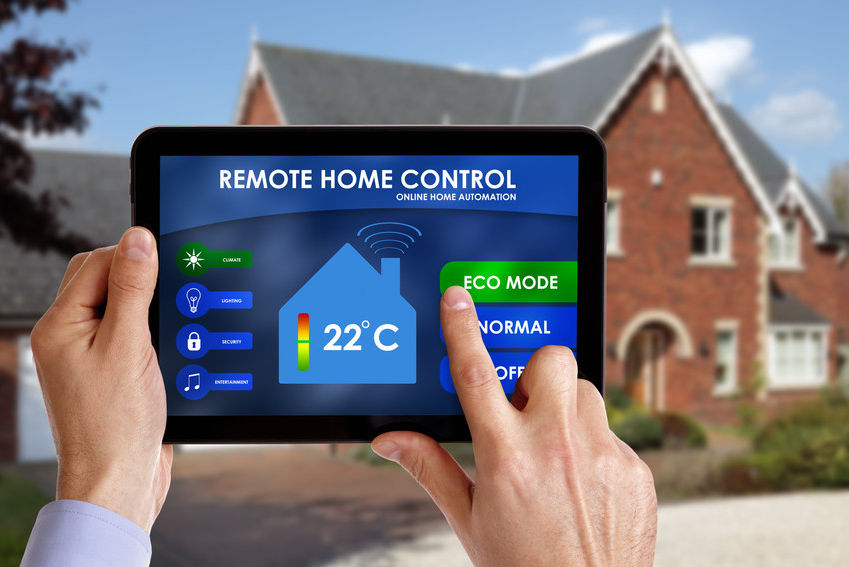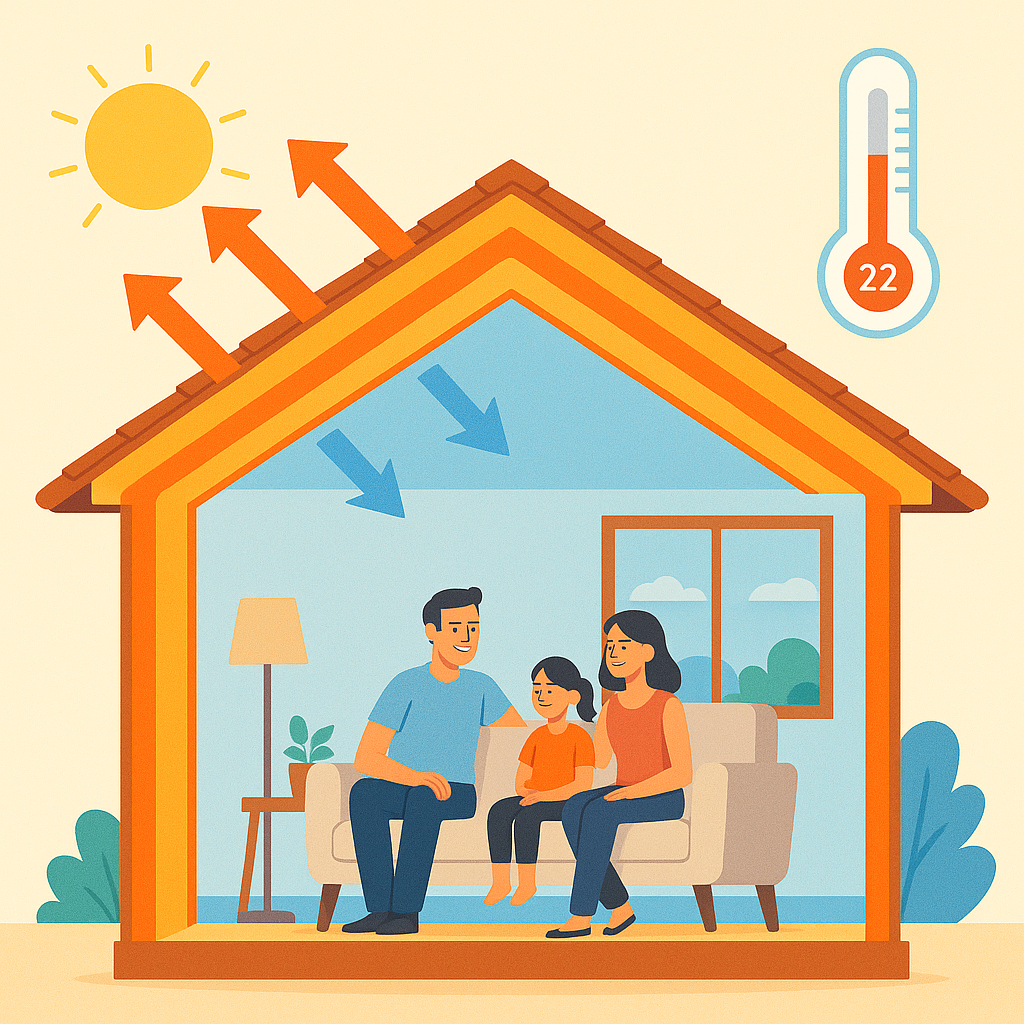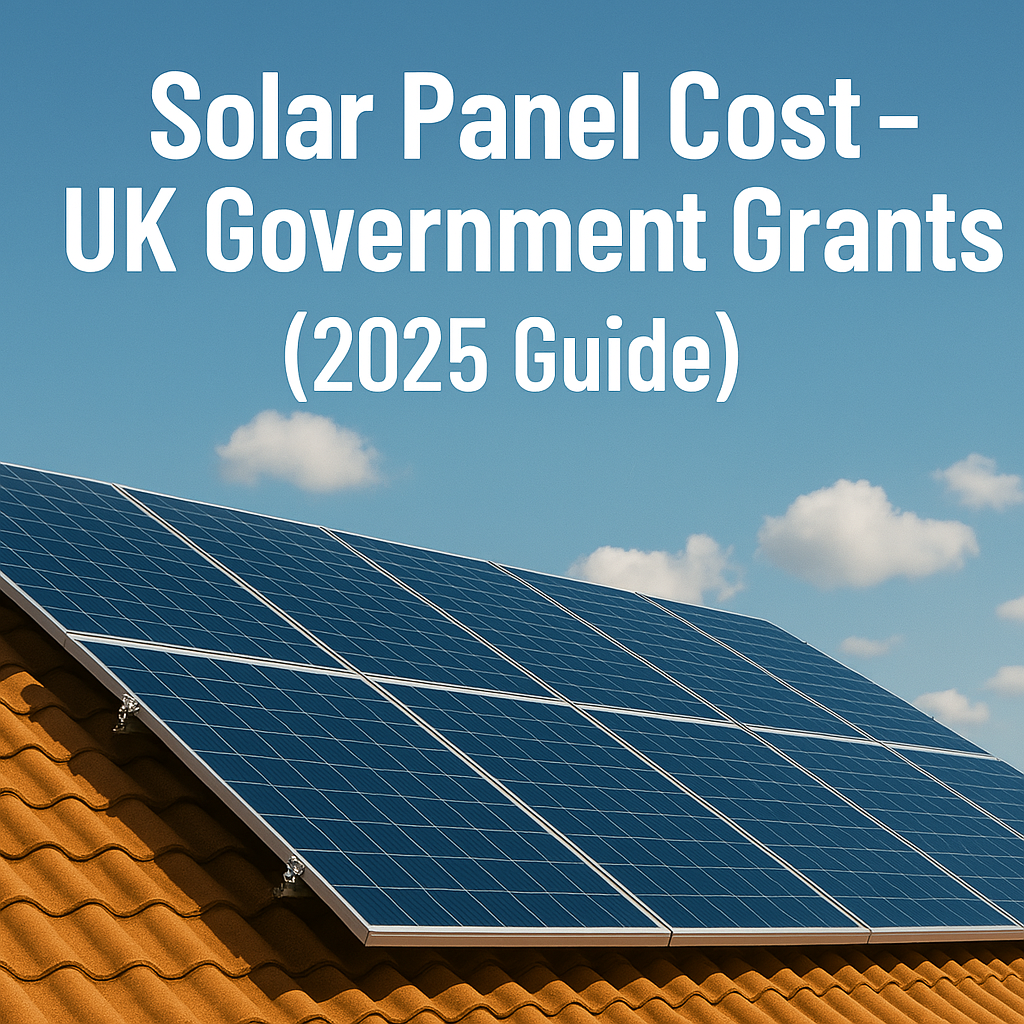In the wake of the ever-mounting climate crisis and the continual development of new technologies that are reshaping the way we monitor, manage and conserve energy, the landscape of energy consumption is undergoing a profound transformation in the UK. At the forefront of this transformation are SMART controls: a type of energy metering technology that promises to reinvent how households and businesses understand and interact with their energy usage. While you may well already be aware of SMART controls and their benefits, you may also be wondering how its increasing popularity will impact your energy consumption moving forward. To find out more about the future of SMART metres, keep reading.

Smart Metres: The Basics
First rolled out in the UK in 2011, SMART metres are digital devices that replace traditional analogue metres for measuring gas and electricity usage. What sets SMART metres apart is their ability to provide real-time data on energy consumption, allowing consumers to monitor their usage patterns accurately. Unlike conventional metres, SMART metres automatically send usage information to energy suppliers, eliminating the need for manual readings. This seamless data transmission not only enhances accuracy but also facilitates more precise billing. Not only has SMART technology proven to be a gamechanger for homeowners when it comes to energy conservation and saving money on their bills, it also facilitates greener choices through the conscious reduction of carbon emissions and the integration of renewable energy sources. As of the end of 2022, utility companies had more than 28 million SMART metres in operation across Great Britain.
Consumer Uptake: Progress & Challenges
While the potential of SMART metres is vast, the initial phases of their rollout have continually encountered some resistance from consumers. If SMART technology is ever to be fully embraced, there are certain challenges that need to be addressed to ensure a smooth transition.
1. Data Security & Privacy
With the collection of real-time data, ensuring robust cybersecurity measures within SMART technology is crucial. It’s imperative that customers are reassured that their data is protected from unauthorised access through the emphasis of the importance of stringent security protocols and encryption methods.
2. Consumer Education
Many consumers may be unfamiliar with SMART metres and their benefits. Educating the public about how to interpret the data, utilise the features and optimise energy usage is vital to maximising the advantages of this technology.
3. Infrastructure Upgrades
To support the widespread implementation of SMART metres, the UK’s energy infrastructure needs to be upgraded. This includes enhancing network connectivity and ensuring compatibility with various appliances and devices.
The Road Ahead
So, what can we expect next from the SMART metre revolution? While the future is always subject to change, here are some of the key milestones and projections we suspect will become realised within the next few years.
Government Mandates
The UK government has been instrumental in driving the adoption of SMART metres. In 2010, it launched the SMART metering Implementation Program (SMIP), aiming to replace traditional metres with SMART metres in every home and small business by 2020. While this deadline was not met, the commitment to SMART metres remains steadfast, with the new target set for completion by 2024.
The Impact of IoT
The IoT (otherwise known as the Internet of Things) refers to the network of physical objects – or “things” – that are embedded with sensors, software and other technologies for the purpose of connecting and exchanging data with other devices and systems over the internet. This allows for data to be gathered from these devices and used for various purposes, including monitoring, control and the optimisation of operations. While the IoT is already actively revolutionising the way we live and work, it’ll also have a significant impact on the energy sector.
Blockchain Technologies
A blockchain is a distributed ledger that stores data across multiple computers, as opposed to being stored in one central location like most traditional databases. Blockchain technology is gradually emerging within SMART metering systems thanks to its potential to increase reliability and decrease costs when it comes to managing wide-range metering networks. On top of this, it also has the potential to harness trust between peer-to-peer networks due to its concern with privacy and security within online spaces. Blockchain technology can also provide accurate, authenticated transactions with predictable, pre-approved fees and full audibility for smart metering systems – the transparency of which goes far with consumers.
Artificial Intelligence
In 2023, artificial intelligence is starting to permeate many different aspects of our everyday lives, with plenty of debate around whether its impact will ultimately be beneficial or detrimental. Fortunately, in the world of smart metering technology, AI is only projected to bring about massive improvements. Recent studies have demonstrated that AI can be integrated with Advanced Metering Infrastructure (AMI) – otherwise known as the current smart metering technology we use – to optimise energy management and further reduce energy costs for customers.
Beyond SMART Metres
While SMART metres have already yielded significant benefits, their potential is far from fully realised. Looking ahead, we can anticipate several developments:
● SMART Homes: SMART metres will integrate seamlessly with SMART home devices, allowing for more sophisticated energy management. Consumers will be able to control heating, lighting and appliances such as washing machines and dishwashers remotely, optimising energy usage for comfort and cost savings.
● Time-of-Use Tariffs: SMART metres enable time-of-use pricing, where electricity rates vary throughout the day. This encourages consumers to shift energy-intensive activities to off-peak hours, reducing strain on the grid and lowering costs.
● Grid Resilience: SMART metres will play a pivotal role in enhancing the resilience of the energy grid. This is down to the fact that they allow for quicker detection and response to outages, ensuring minimal disruption for consumers.
● Electric Vehicles (EVs): With the National Grid predicting that 11 million electric vehicles will be on UK roads by 2030, SMART metres will become hugely important to EV charging management. Drivers will be able to schedule charging during low-demand periods, reducing the load on the grid.
Championing a SMART Energy Future: What You Can Do
As we’re sure you’ve gathered by now, the future of energy metres in the UK is undeniably SMART. These eco-friendly devices have already made significant strides in empowering consumers, promoting energy efficiency and contributing to a more sustainable future. As we move forward, it’s crucial for both consumers and energy providers to embrace this revolution actively. Here are some steps you can take:
Request a SMART Meter
If you haven’t already, reach out to your energy provider to request a SMART metre installation. It’s a small step that can make a big difference in understanding and managing your energy usage.
Educate Yourself
If you’re still struggling to understand how all of this works, try familiarising yourself with the features and benefits of SMART metres. Learn how to interpret the data and make informed decisions about your energy consumption.
Support Renewable Energy
Consider investing in renewable energy sources, such as solar panels or wind turbines, to complement your SMART metre. This not only reduces your carbon footprint but also allows you to take full advantage of SMART technology.
Advocate for Sustainability
Encourage your community and local government to embrace SMART metres and other eco-friendly initiatives. Together, we can create a more sustainable and resilient energy future.
Talk to UKEM About Accessible Heating Upgrades
Amongst the wealth of heating upgrades we help our customers apply for, UK Energy Management can also connect homeowners with innovative SMART technology to help lower their energy consumption and save money on their bills. The best part is, if you’re eligible, it’s all free!
When you choose to upgrade to SMART technology through us, you’ll be granted access to the Radbot system. This new intelligent thermostatic radiator valve (TRV) from Secure detects when a room is unoccupied and automatically reduces the heating to save energy. Radbot 1 uses an innovative self-learning algorithm to continually monitor and predict the occupancy pattern of a room ensuring it’s nice and warm when in use but not wasting energy heating an empty room. If the room temperature is not to your liking, just adjust the setting up or down depending on how warm you like it. Comfort dial settings of 3 and below trigger a more active energy saving schedule, so use this in rooms you don’t use as often or where you don’t mind it being a bit cooler on some occasions.
To find out if you’re eligible for an eco heating grant, fill out this quick application form. It only takes a minute to complete and could lead to you saving hundreds of pounds in heating bills throughout the year! Once you’ve submitted your answers, we take care of the rest. If you’re eligible, we’ll organise the grant on your behalf. Plus, we’ll even arrange the fitting of your new system at a time to suit you (all performed by certified and accredited installers for your peace of mind). To find out more, get in touch with us today.



